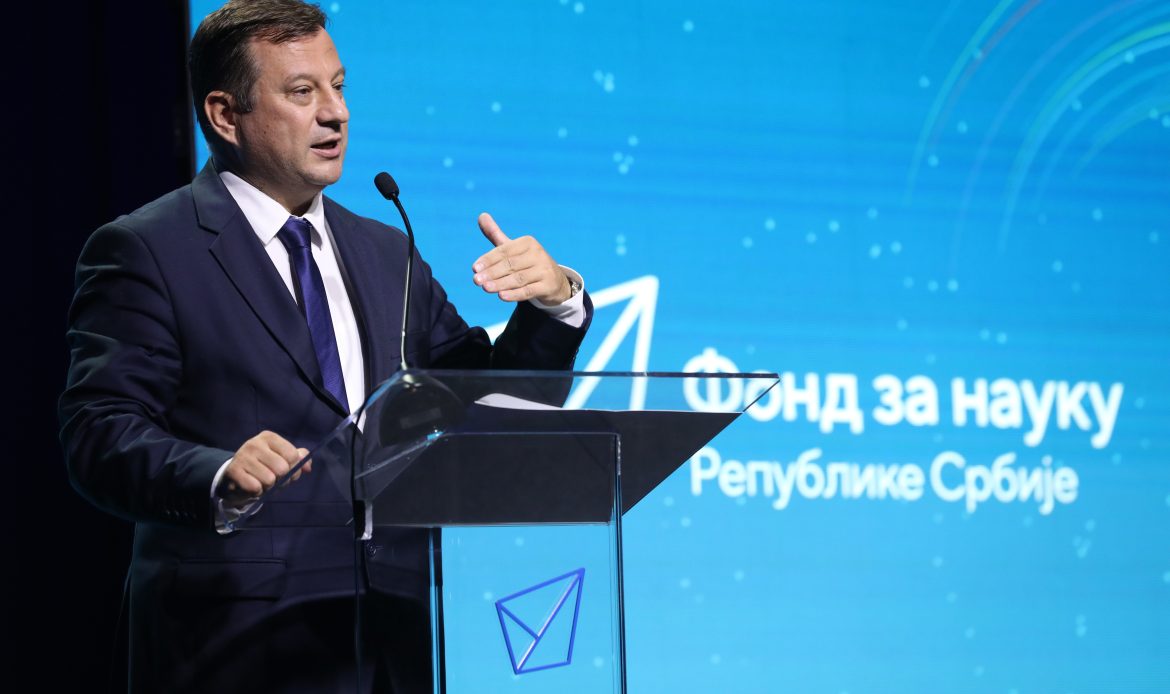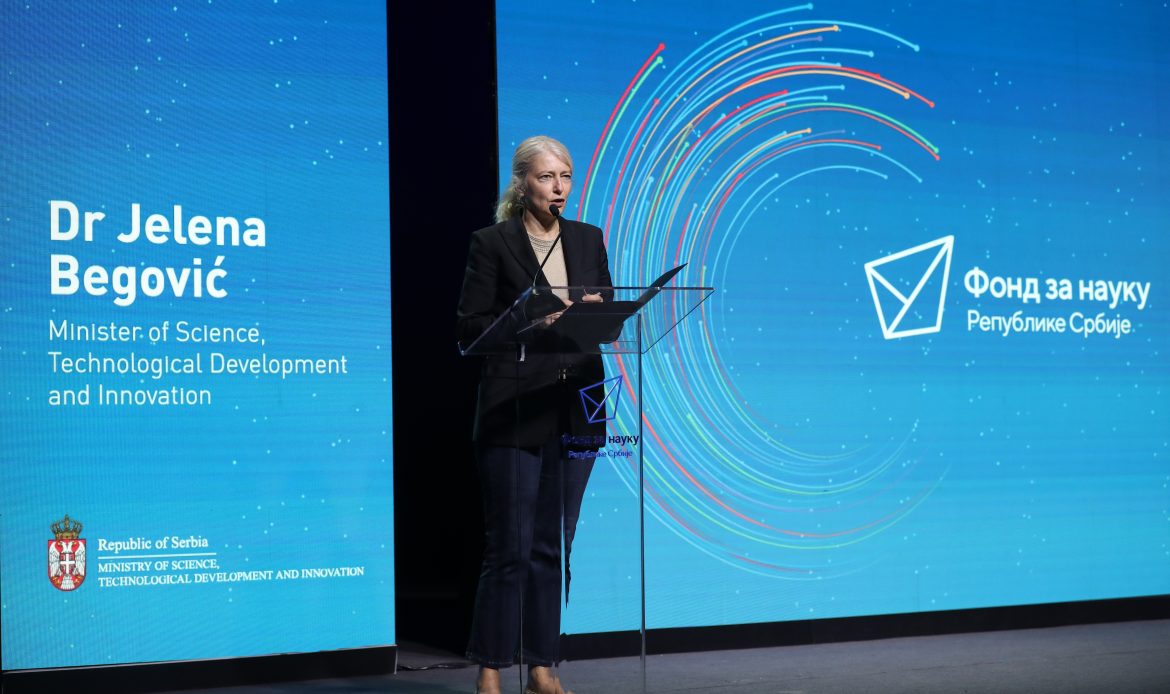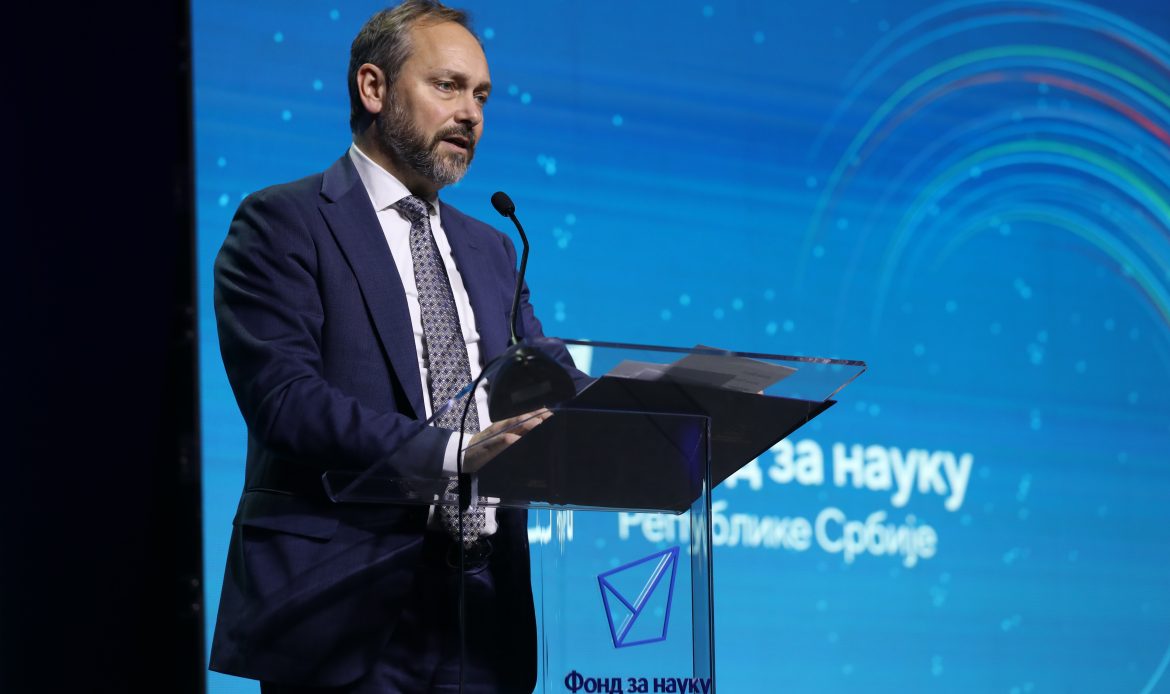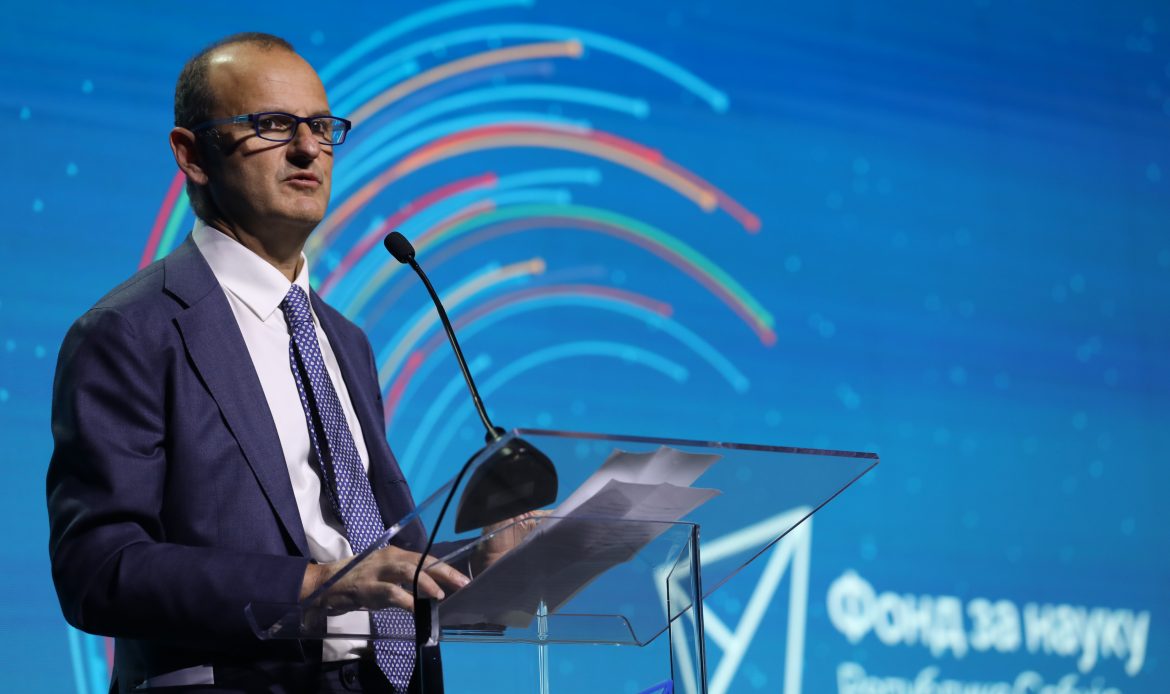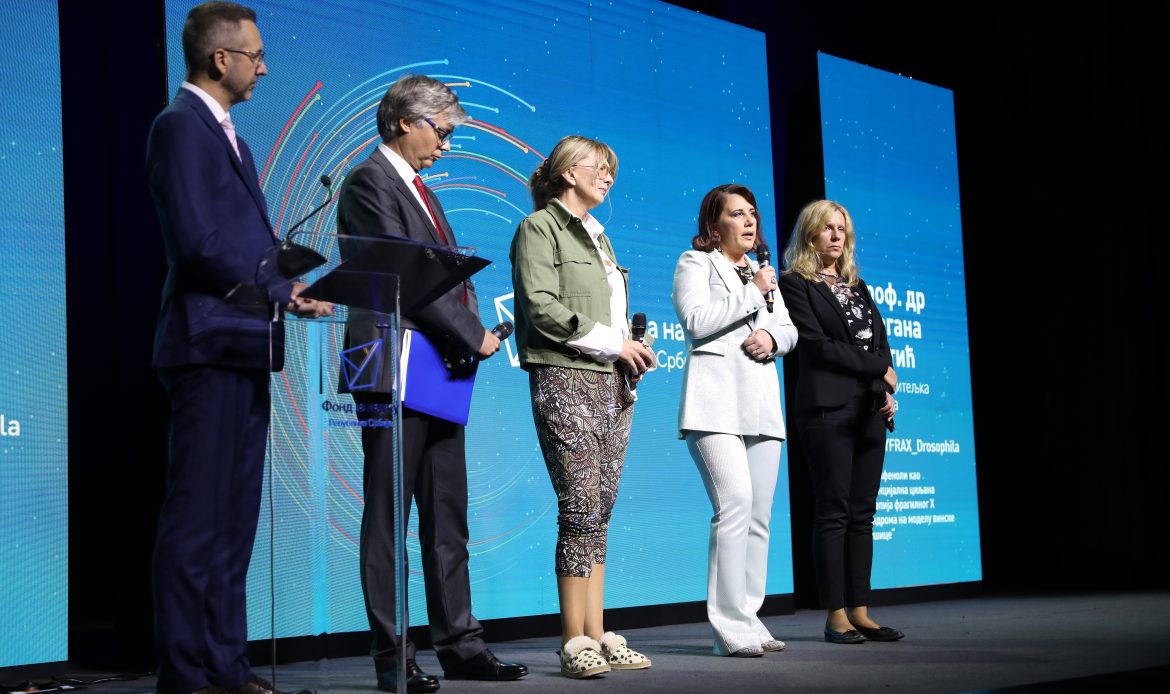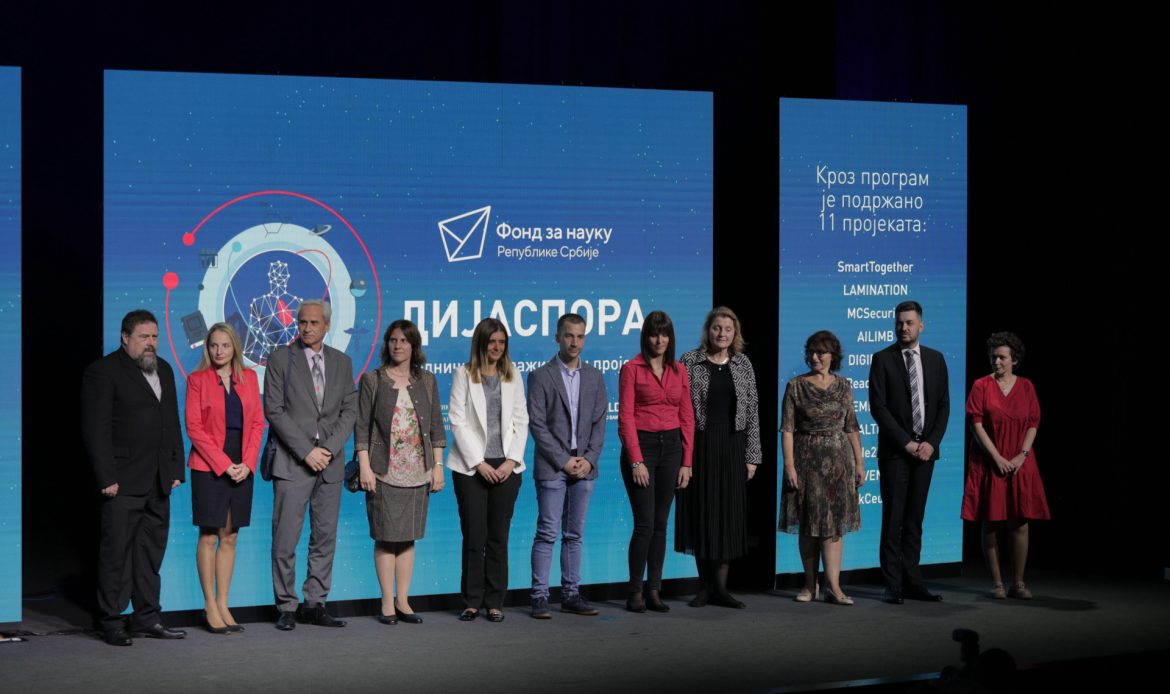At a formal event held at the Belgrade Youth Center, the Science Fund of the Republic of Serbia announced the launch of two new programs for submitting scientific research projects: the IDEAS 2024 program, with a total budget of 24 million euros, and the Serbian Scientific Cooperation Program with the Diaspora: Support for Visits of Diaspora Scientists, with a budget of 800,000 euros.
The IDEAS 2024 program is open to all researchers and will fund projects across six subprograms: natural sciences and mathematics, technical and technological sciences, biotechnical sciences, biomedical sciences, artificial intelligence, and social sciences and humanities. The program is funded by the budget of the Republic of Serbia and a World Bank loan through the Serbia Accelerating Innovation and Growth Entrepreneurship (SAIGE) Project, a partnership project between the Republic of Serbia (Ministry of Science, Technological Development, and Innovation), the World Bank, and the European Union. The second program launched by the Science Fund is a new initiative supporting collaboration with the diaspora, aimed at funding visits of diaspora researchers to scientists in Serbia. This program is funded by the World Bank through the SAIGE project.
Prof. Dr Nenad Filipović, acting director of the Science Fund, emphasized that the launch of these two new programs is a testament to the continuity of the Science Fund’s work and investment in scientific research, equipment, travel, and scientific results.
“With these two new programs, we can proudly say that the Science Fund, through 13 programs, has secured over 100 million euros for scientific research. Through the new IDEAS 2024 program, we aim to support even more excellent projects from our scientists, their future successes and results, like those already achieved by researchers in the first IDEAS program. Through the new diaspora program, we want to strengthen the collaboration of our brilliant scientists abroad with researchers in Serbia through the exchange of knowledge, skills, experiences, and work on joint projects,” Prof. Dr Filipović highlighted.
The Minister of Science, Technological Development, and Innovation, Dr Jelena Begović, stated that we can expect fantastic and bold ideas from our scientists through the new IDEAS program and potentially significant scientific breakthroughs in the future.
“We are investing 24 million euros in this program and truly expect solutions that might be important not only for our country but could also make breakthroughs globally. On the other hand, every country is as strong as its community’s ability to collaborate, and it is crucial to cooperate with our scientists who are building successful careers outside Serbia, which is why we are launching the new Diaspora program, into which we will invest 800,000 euros. This program enables our scientists from around the world to come to Serbia and build much stronger connections with us because they are our incredible strength. We have truly fantastic scientists all over the world, and in some way, we need to tie them to Serbia. They are more than willing to help us and to work together with us. I would like to congratulate in advance all the recipients of these programs, and we continue to invest in science,” said Dr Begović.
Head of Delegation and Ambassador of the European Union to the Republic of Serbia Emanuele Giaufret highlighted that this is another important boost for Serbia’s scientists.
“We want to help grow the science and innovation sector in Serbia. With our contribution of EUR 31.5 million through the Serbia Accelerating Innovation and Growth Entrepreneurship project (SAIGE) we are not only supporting the capacity building of the Science Fund but providing grants for the most successful researchers. We are also contributing to the reforms of the most prominent twenty public sector R&D institutes – together with the World Bank. I wish to congratulate the Serbian Government for its efforts. By providing regular financing of various national programmes and projects – like those two that we are opening today – the government enables scientists to do their job and, in the end, to possibly create even more jobs in Serbia and to move even more to a knowledge and science-based economy. So, we are supporting the scientists individually but also help to strengthen the scientific organisations as institutions. People and organisations that will help carry Serbia further towards the future. A truly European future.”
World Bank Group Country Manager for Serbia Nicola Pontara emphasized that Serbia has a unique opportunity as a near-shoring destination with highly skilled labor and an entrepreneurial mindset, but seizing this opportunity will require robust scientific and commercialization capacities, as well as international networks.
“Moving forward, it will be important not to lose momentum, and to continue better connecting research efforts with real-life applications, increasing investments in research and innovation, and encouraging also the involvement of the private sector, thereby increasing the productivity and competitiveness of Serbia’s economy. I know Minister Begovic and the Government of Serbia share these priorities, and we look forward to continuing our partnership with Serbia on this agenda.”, stated Mr Pontara.




